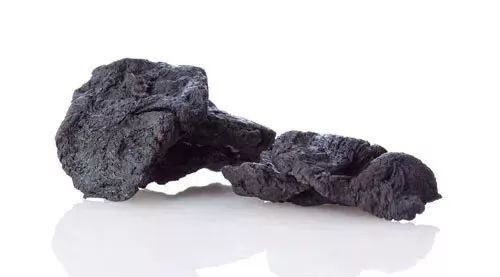Click on the top“Knowledge of Chinese Herbal Medicine”, then click“Follow”
Traditional Chinese Medicine teaches you to recognize Chinese herbs, secret formulas, and folk remedies.
Everyone should have a copy, it’s a rare find!
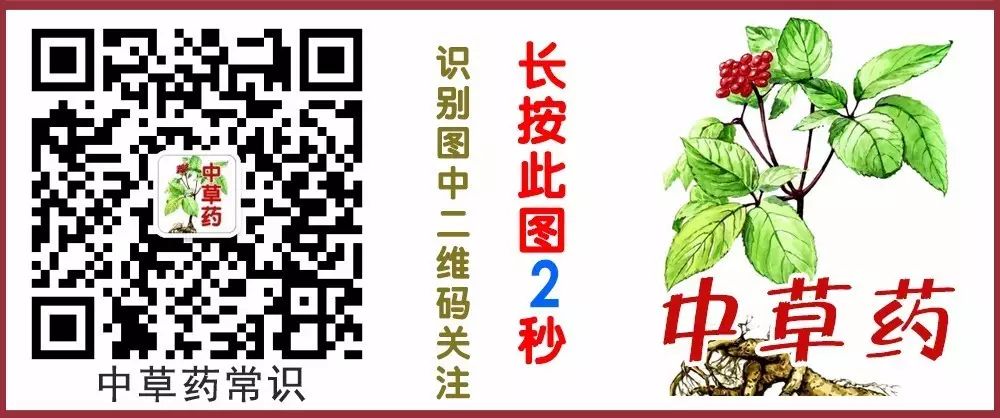
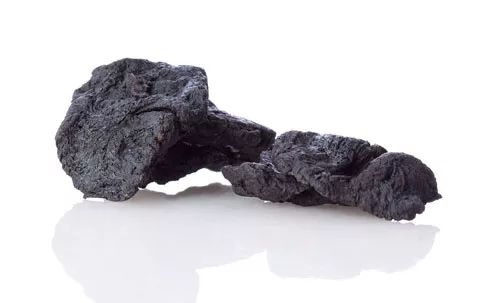
Shudi Huang (Rehmannia Glutinosa)
Shudi Huang: A plant of the family Scrophulariaceae, genus Rehmannia. It grows in sandy loam at altitudes of 50-1100 meters, on barren hillsides, at the foot of mountains, by walls, and along roadsides, cultivated in various regions domestically and abroad. The rhizome is used medicinally. It is primarily indicated for symptoms of liver and kidney yin deficiency, and soreness of the lower back and knees.
Image of Shudi Huang
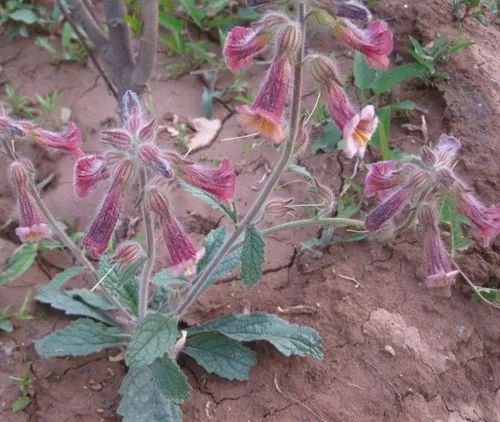
Image of Rehmannia Plant
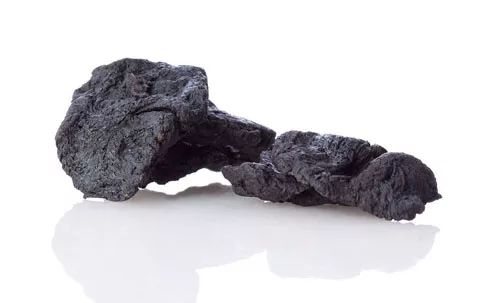
Image of Shudi Huang
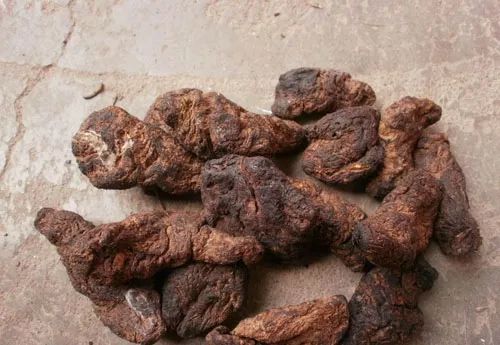
Image of Sheng Di Huang (Raw Rehmannia)
Introduction to Shudi Huang
Herb Name: Shudi Huang
Pinyin: Shú Dì Huánɡ
Alias: Shudi, Di Huang
Source: This product is a processed product of Sheng Di Huang (Raw Rehmannia).
Characteristics: This product appears as irregular chunks and fragments, varying in size and thickness. The surface is black with a glossy sheen and is highly viscous. The texture is soft and resilient, not easily broken, with a black and glossy cross-section. It is odorless and has a sweet taste.
Chemical Components: Shudi Huang contains a small amount of iridoid glycosides, including: Leonurus japonicus glycoside, peach leaf coral glycoside, rehmannioside A, B, C, D, myricetin glycoside, rehmannin A, D, and rehmannia chlorinated aldehyde glycoside.
Properties: Sweet, slightly warm.
Meridians Entered: Liver and Kidney meridians.
Storage: Store in a ventilated and dry place.
Contraindications: Contraindicated in cases of spleen and stomach deficiency, qi stagnation with phlegm, abdominal fullness, and loose stools.
Efficacy of Shudi Huang
Tonifies blood and nourishes; benefits essence and fills marrow. Indicated for blood deficiency, dizziness, palpitations, irregular menstruation, excessive bleeding, liver and kidney yin deficiency, tidal fever and night sweats, nocturnal emissions and impotence, infertility, soreness of the lower back and knees, tinnitus and deafness, dizziness, premature graying of hair, diabetes, constipation, kidney deficiency with shortness of breath.
Usage of Shudi Huang
Internal use: 9-15g. — Chinese Pharmacopoeia
Internal use: Decoction, 0.4-1 tael; in pills or powders, or prepared as a syrup or tincture. — Dictionary of Chinese Medicine
Internal use: Decoction, 10-30g; or in pills or powders; or prepared as a syrup, or tinctured in alcohol. — Compendium of Chinese Materia Medica
Formulas with Shudi Huang
Note: The following formulas should be used under the guidance of a physician.
1. For men and women with insufficient essence and blood, and insufficient nourishment of the protective and nutritive qi:
Eight taels of Shudi Huang (select the sweetest ones, sun-dried to remove moisture), one tael of sandalwood (or three qian of white sandalwood), and four taels of goji berries (select the plumpest ones, also sun-dried to remove moisture). Each herb is one jin, and can be soaked in ten jins of high-proof liquor without boiling, but soaked for ten days before use. Those who take this should not drink excessively; after finishing, add six or seven jins of liquor and soak for another half month for reuse. (From Complete Works of Jingyue on Shudi Huang syrup)
2. For various deficiencies, abdominal and flank pain, blood loss with shortness of breath, loss of appetite, fever, and women’s menstrual disorders:
Sheng Di Huang (sliced and roasted) and Angelica (remove the stems, sliced and roasted) in equal parts. Grind finely and form into pills the size of a walnut, taking two to three pills before meals with warm water. (From Universal Prescriptions for All Diseases on Wanbing Wan)
3. For dark rashes, kidney deficiency with cold extremities, inability to speak, and weakness of the legs:
Shudi Huang, Ba Jiu (remove the seeds), Shan Zhu Yu, Shi Hu, Rou Cong Rong (soaked in liquor and roasted), Fu Zi (processed), Wu Wei Zi, Guo Gui, Bai Fu Ling, Mai Men Dong (remove the seeds) in equal parts. Grind finely, take three qian with one and a half cups of water, five slices of ginger, one jujube, and mint, decoct until reduced to eight parts, without regard to time. (From Prescriptions of Xuanming on Shudi Huang Decoction)
4. For bone steaming heat and fatigue:
Shudi Huang, Angelica, Di Gu Pi, Zhi Ke (roasted with bran), Chai Hu, Qin Jiao, Zhi Mu, Bie Jia (roasted) in equal parts. Grind finely, take one cup of water, half a plum, decoct until reduced to seven parts, and take hot. (From New Book for the Young on Shudi Huang Powder)
5. To regulate and nourish the protective and nutritive qi, nourish blood, treat deficiency of Chong and Ren, menstrual irregularities, abdominal pain, excessive bleeding, hard blood clots, pain during menstruation, pregnancy complications, restlessness, continuous bleeding, postpartum weakness, wind-cold invasion, lochia not expelling, and abdominal masses:
Angelica (remove the stems, soaked in liquor and roasted), Chuan Xiong, Bai Shao, and Sheng Di Huang (soaked in liquor and steamed) in equal parts. Grind coarsely, take three qian with one and a half cups of water, decoct until reduced to eight parts, strain and take hot before meals. (From Jufang on Si Wu Decoction)
6. For frequent and copious urination:
One tael of You Gu, one tael of Sang Piao Xiao, two taels of Sheng Di Huang, one tael of Tian Wei Gen, and one tael of Huang Lian (remove the roots). Grind finely and sift into a powder, taking two qian before meals with congee. (From Sheng Hui Fang)
7. For children with kidney deficiency, loss of voice, open forehead, insufficient spirit, excessive white in the mouth, and pale complexion:
Eight qian of Shudi Huang, four qian each of Shan Ying Rou and dried Dioscorea, and three qian each of Ze Xie and Mu Dan Pi, and Bai Fu Ling (remove the skin). Grind finely, form into honey pills the size of a walnut, and take three pills with warm water on an empty stomach. (From Direct Guide to Pediatric Herbal Medicine on Shudi Huang Pills)


